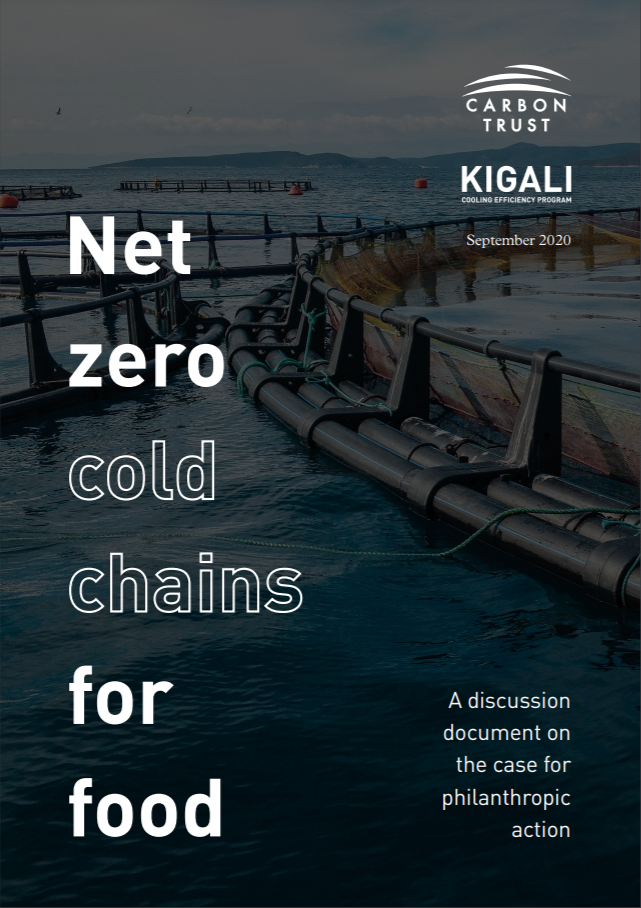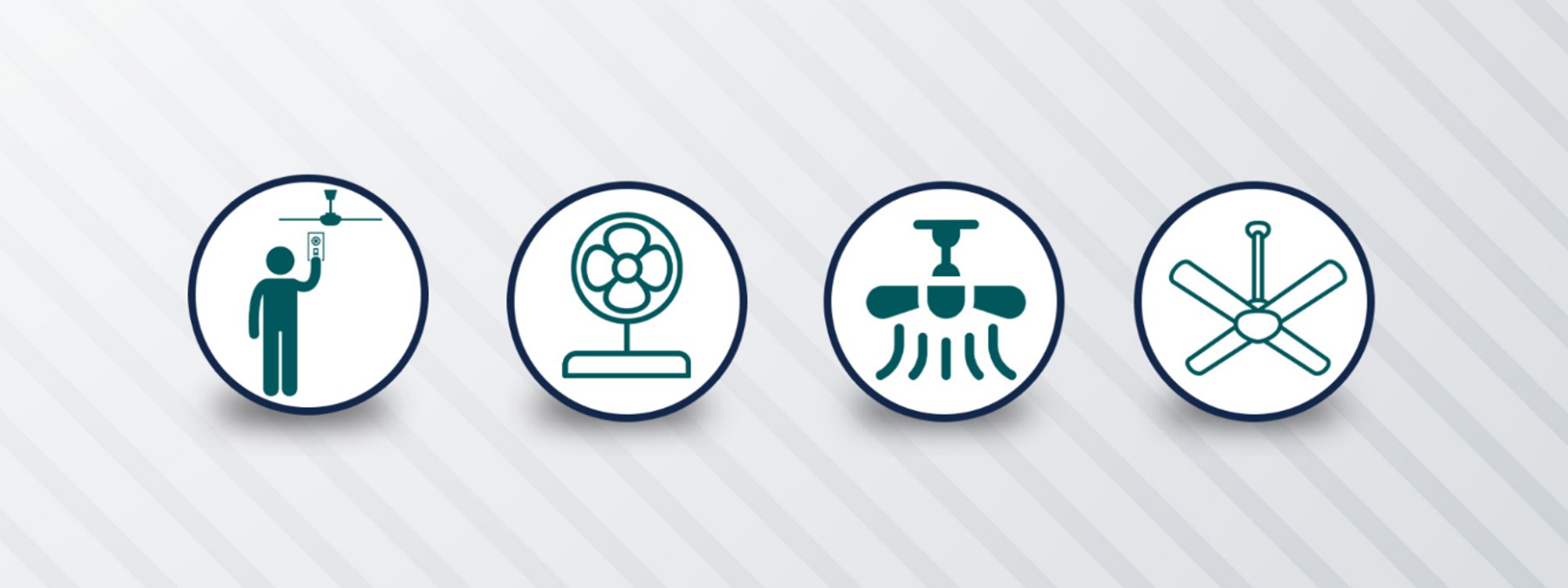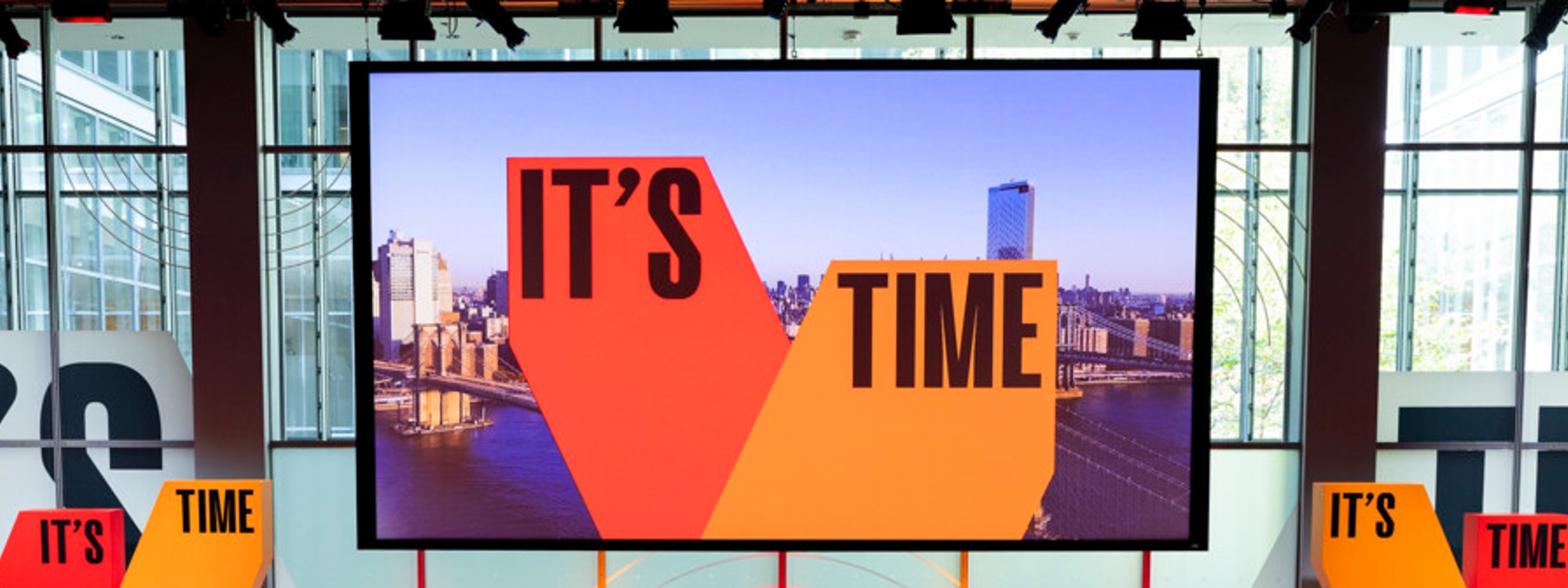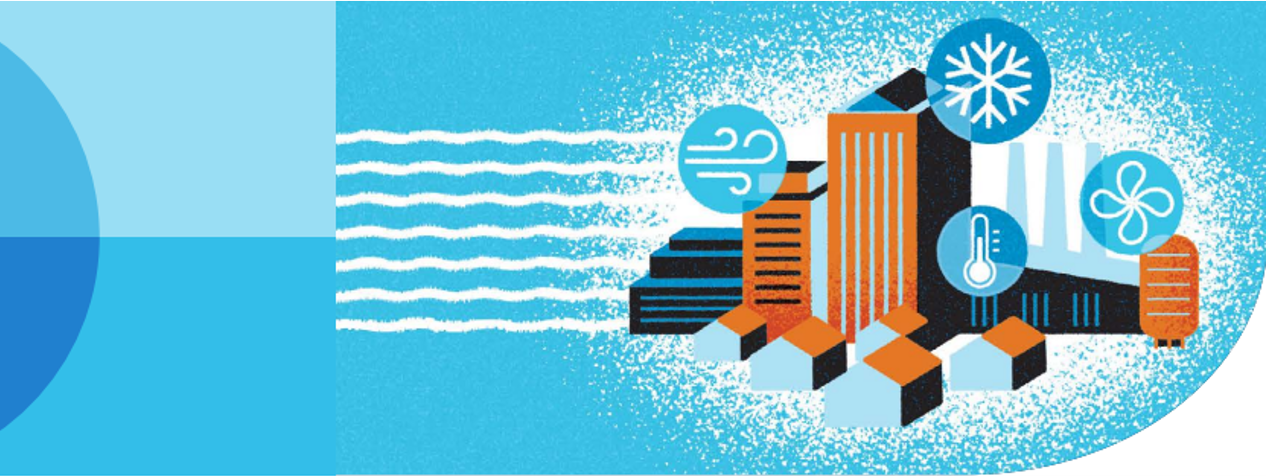How philanthropy can bend the cold chains emissions curve’ and unlock prosperity.
A new report, Net Zero Cold Chains for Food – A discussion document on the case for philanthropic action, released today, outlines the challenge of reducing emissions from rapidly growing food cold chains and how philanthropy can help ‘bend the curve’ whilst enhancing food security and poverty reduction through net zero food cold chains.
Delivering affordable, nutritious, and safe food that provides good financial returns for producers while minimising the environmental and climate change impacts is challenging. Cold chains play a vital role in helping the food system deliver against many of these challenges, but conventional operations based on refrigerants with high global warming potential (GWP) and equipment that inefficiently uses energy can have significant environmental impacts.
To avoid locking-in to high carbon, energy inefficient infrastructure, action is needed to develop net zero cold chains that reduce food waste and avoid emissions from high GWP refrigerants and inefficient equipment. This will require a system transition with action across many stakeholder groups to create low carbon infrastructure, access to reliable, clean energy, and appropriate operating procedures, as well as supportive policy, regulation, and commercial incentives.
The food cold chain alone is responsible for one third of hydrofluorocarbon (HFC) emissions, or 1% of total global greenhouse gas (GHG) emissions. GHG emissions are already significant in developed countries with food refrigeration contributing 2-4% of total GHG emissions in the UK. As new cold chain infrastructure comes online on low- and mid-income economies, these emissions are projected to rise significantly. For example, GHG emissions from cold chains in India are set to double by 2027 without active intervention.
Dan Hamza-Goodacre, Non-Executive Director, K-CEP commented:
“Net zero compatible cold chain solutions have the potential to ’bend the curve’ on GHG emissions in countries that already have significant cold chain infrastructure, but critically they will help to avoid significant increases in GHG emissions in countries where cold chain deployment is expected to grow. This presents an enormous opportunity for philanthropy to play a catalytic ‘systems integrator’ role in this complex sector, to reduce GHG emissions whilst delivering on critical areas including food security and poverty reduction.”
David Aitken, Director, Innovation at the Carbon Trust added:
“Acting now to transition to net zero cold chains can unlock significant climate, food security and development benefits but will require a change from conventional solutions. Philanthropy can play a key role in catalysing this shift at scale and speed to net zero cold chains to ensure we protect the climate, deliver safe nutritious food to consumers and improve farmer livelihoods”.
The report is authored by the Carbon Trust with input from a range of leading experts and stakeholders and was commissioned by K-CEP. It summarises the case for philanthropic intervention and provides guidance on the practical actions that can be taken.
The full brief can be downloaded here.



